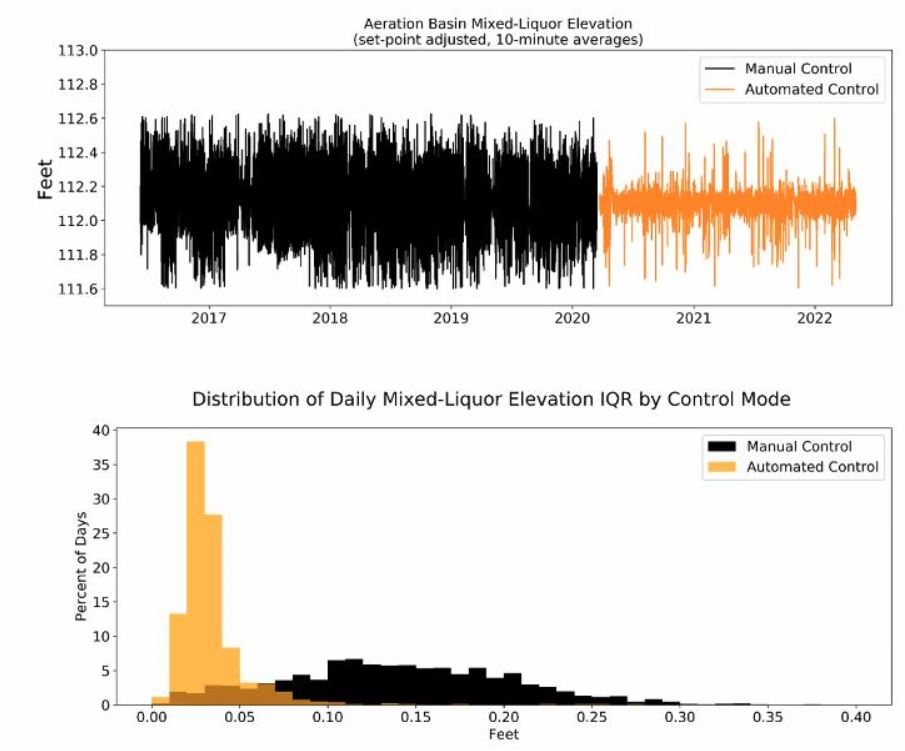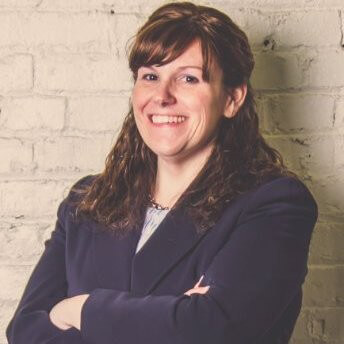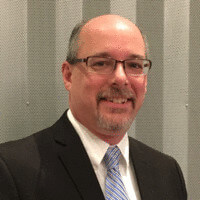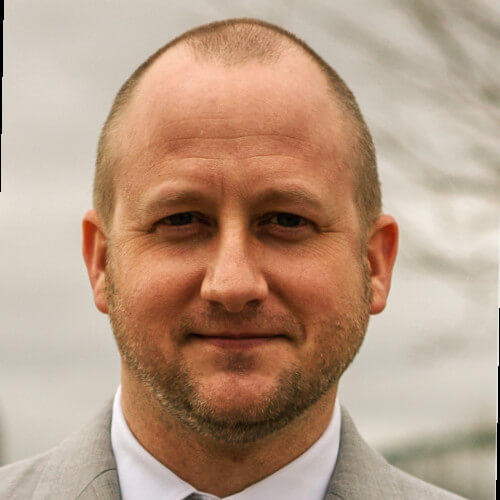Day two of the Ovation™ Users’ Group conference opened with Jaime Foose, vice president of global sales and marketing for Emerson’s power and water solutions business, sharing how Emerson is addressing the needs of tomorrow’s markets today. Jaime emphasized that everyone is being challenged to make bold changes during these transitional times. We are doing just that by enabling versatile software and subscription models that will help address the need for flexibility in the fleet of the future, saying,
“Gone are the days of the “one size fits all” system with all the bells and whistles. The needs of a thermal unit will be different from those of a renewable site which may require a subset of the full system functionality. Additionally, as our workforce changes, sometimes customers don’t have the resources or the expertise to fully engage with the system.”
Instead, Jaime suggested, subscription options empower customers to select and test drive the software needed to satisfy their plant or fleet requirements without the heavy capital and time expenditures of more fixed solutions. Then they can easily scale up or down based on the success of those pilots. To meet this need, Emerson will be releasing a variety of optional subscription packages that can be customized for a single plant or across a fleet of sites that interoperate together with the core Ovation system software.

Subscription options offer more flexibility for individual plants and fleets of sites.
That same need for flexibility underscores Emerson’s restructuring of the SureService™ support program to operate under the Guardian Digital Experience. Jaime explained,
“It’s going to bring you a complete end-to-end experience for managing your software and subscriptions, downloading licenses and content, and providing access to knowledge base articles.”
Strategies for a future of innovation
Glenn Heinl, vice president of North American customer service for Emerson’s power and water solutions business and Pete Gabor, manager of Emerson’s water automation solutions business development, expanded upon the new strategies Emerson will be pursuing, explaining,
“2023 is going to be a year of bolder innovation, really upping our game by building on our digital Ovation automation foundation with analytics and artificial intelligence so you can better understand the status of your plant processes and quickly act to optimize operations.”
Glenn and Pete explained that, historically, changes in our focus industries used to happen much slower but today, that speed has greatly accelerated. We need to keep pace with those changes to help our customers keep the lights on and water flowing. Power and water utilities are looking closely at solutions for resilience in the face of extreme weather events and decarbonization to meet the expectations of shareholders and society. Many of those solutions focus on reducing the complexity of operations, increasing cybersecurity and empowering the workforce to be more efficient.
Another change is how software and technology platforms need to adapt to the massive amounts of data now available from plant operations, especially in the renewable space where there is a wide variety of equipment and systems that generates tens of thousands of new I/O points.

The diversity of Ovation system projects is keeping pace with the changing US generation mix; thermal generation remains strong to balance the grid as renewable energy generation continues to capture an ever-larger market share.
This particular need was demonstrated clearly in a customer presentation by Vistra. Joel Erwin, generation services consulting engineer for Vistra Corporation, shared his company’s success in engineering and constructing the Moss Landing battery storage facility. Doing so meant meeting the challenge of bringing together hundreds of thousands of soft I/O points coming from many standalone OEM systems. Joel explained,
“That’s where Ovation is positioned, in the middle of the integrated battery management system architecture. Ovation software and technologies provide a coordinated interface across the many different OEM systems at the lower device level and communicate that data to the top supervisory and control level for use by remote or local operators.”
Ovation’s ability to aggregate OEM data and provide a common and consistent point for the users to access all the information they need was critical to Vistra’s ability to execute on its vision of large-scale energy storage.
A future of remote work
But it isn’t just in greenfield or renewable projects where Ovation users are seeing success. Two customers, TransAlta and ENMAX shared their experiences of upgrading critical control technologies during the COVID pandemic. Both companies experienced the pains of trying to complete large-scale capital projects while on-site access for personnel was restricted.
Planning and prework were critical to meeting aggressive schedules for both projects. This was evident for the Ovation control system upgrade at the ENMAX Shepard Energy Center that also included a new turbine control interface, cybersecurity solution and virtualization. According to ENMAX’s Edwin Fung,
“Pre-outage work such as data collection and project scoping required a lot of remote collaboration to limit onsite presence per our strict COVID protocols which enabled us to meet the 45-day schedule for our largest outage to date.”
One key technology that contributed to the success of both projects was remote factory acceptance testing (FAT). In fact, both organizations were surprised to find that they preferred a hybrid approach to FAT over the traditional 100% in-person FAT. As TransAlta’s Don Wutzke explained,
“Since we weren’t able to travel to the FAT factory in Pittsburgh, we had to do it all virtually with meetings. That gave us the opportunity to bring in extra people to attend the FAT to get more perspectives and end up with a more mature system.”
Simulation software also played a big role in TransAlta’s success, enabling the project team to train operators well before the equipment was in place and to predict unit response based on real data from the field.
Water management benefits from automation

New control logic helped Great Lakes Water Authority control level variation.
Great Lakes Water Authority’s Zaki Shalhout, infrastructure administrator, elaborated on the benefits of automation software—specifically in the water industry—by sharing his story of successfully automating their dissolved oxygen controls in the secondary treatment process. Those successes added up to big savings. The solution reduced overall oxygen usage by 30% and achieved nearly 97% auto-mode uptime, leading to approximately $1.1 million in annual savings. According to Zaki,
“The benefits of automation are clear in terms of reduced process variation, oxygen usage reduction, and simplifying the way the system is operated. Instead of a system that required frequent manual adjustments, you click auto, and the system just runs.”
Visit the Ovation software and automation technologies section on Emerson.com for more on solutions that drive improved performance in the power and water industries.







